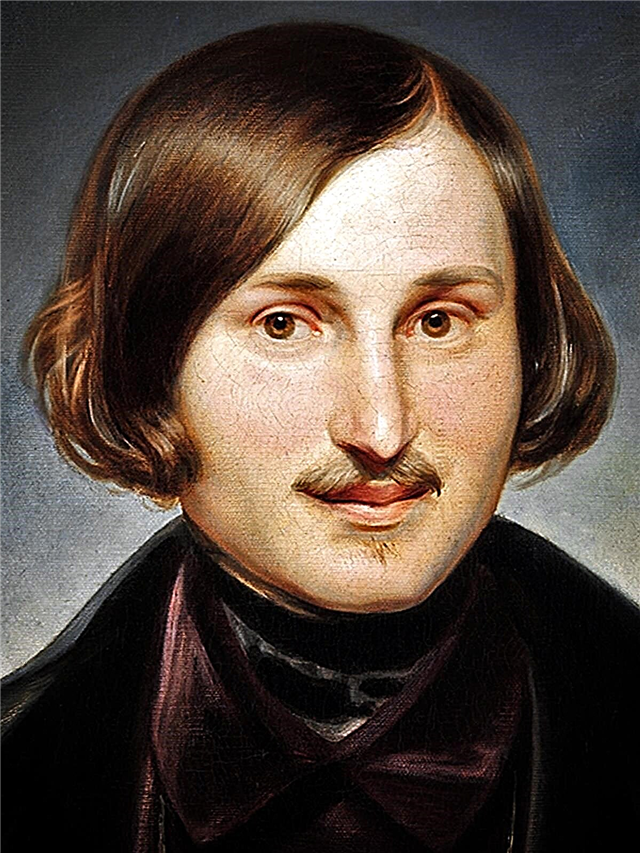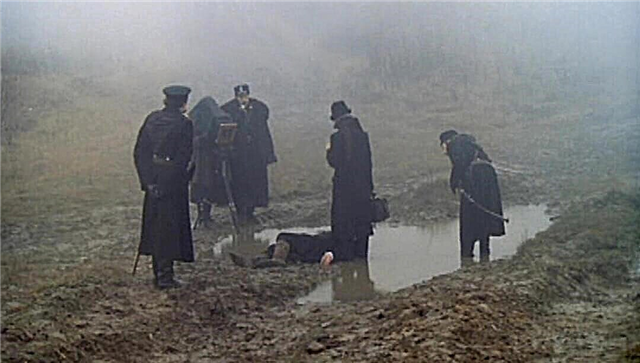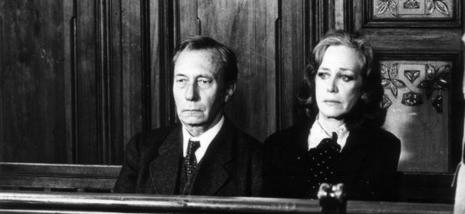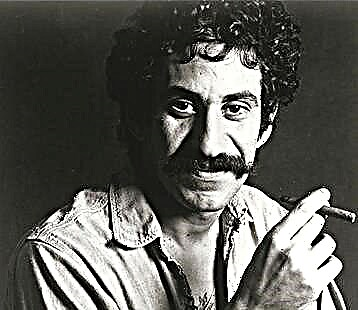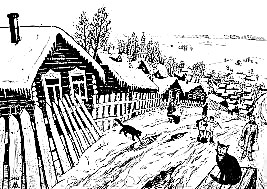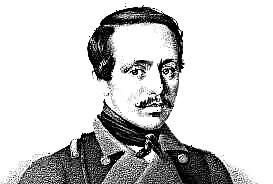There are many heroes in the literature whose behavior arouses respect among readers. They want to imitate, adopt their character traits. Generosity is one of their best qualities. However, there are characters who show spiritual weakness. These are vengeful heroes who cannot forget past grievances. Most fully the theme of revenge and generosity is revealed by A.S. Pushkin in the novel in verses "Eugene Onegin."
Revenge
- (Consequences of revenge) Revenge is a terrible weapon in the hands of man. Unfortunately, sometimes the desire for retribution leads to the most tragic consequences. So, Eugene Onegin, after rejecting Tatyana’s feelings, accepted Lensky’s offer to go to the heroine’s name day. At the festival, he felt uncomfortable, in which he accused the young poet. The desire to take revenge on Lensky overshadowed the mind of the hero. He specially flirted in front of his eyes with a yoke Olga, a beloved friend. The windy prank did not end as Onegin had expected. Annoyed, Lensky challenged the hero to a duel. Eugene could not understand the ardor of a young heart, he succumbed to his ardor. Vladimir was "killed by a friendly hand", having been wounded under the chest. So, the senseless revenge of Onegin leads to a fatal consequence - the death of a person.
- (The effect of retaliation on the avenger himself) Retribution affects not only the “object” of revenge, but also the one who carries out this atrocity. What does this person feel? In the work "Eugene Onegin," the author describes the state of mind of the protagonist who killed a friend because of revenge. Even the indifferent, cold Onegin feels remorse. He worries about a thoughtless act, a longing for a friend is born in the heart. Perfect retaliation does not allow the hero to calmly continue to exist in the same place: he is a "bloodied shadow." The hero goes on a journey, running away from his past. He begins “wandering without a goal”, hoping to forget a terrible moment from his life. Revenge destroys a person from within, makes him suffer, feel remorse. The memory of a terrible act will torment a person’s heart for a long time - retribution does not pass without a trace.
- (When to give up revenge?) Cardiac blindness, indifference sometimes become the causes of revenge. A person needs to understand that in some situations revenge is pointless. The thoughtless but cruel retribution was committed by Eugene Onegin. At the ball, he deliberately flirted with his beloved Lensky, wanting to make his friend jealous. Eugene thought that Vladimir called him in the name of Tatyana to put the hero in an awkward position. But Onegin could not understand that intentional meanness cannot stand behind the sincere feelings that a friend had for Olga. But the callous heart of Eugene is closed to others. He “could detect the senses,” but instead commits retribution, which ends in the death of Lensky. Revenge is caused by the most ridiculous reasons: Tatyana's confusion at the sight of Onegin, in which he blamed his friend. In such situations, it is necessary to abandon retribution, try to understand the "offender", and not take revenge on him.
Generosity
- (Who can be called generous?) Tatyana is a generous person. But what qualities allow us to give her such a characteristic? First of all, respect for other people. Many years later, the girl carried her love for Onegin into her heart. When she married the general, Onegin unexpectedly explained to the heroine in her feelings. But Tatyana remained faithful to her rightful husband, despite the fact that in her heart she still secretly loved Eugene. The girl understood that she was “given to another” and will be faithful to him all her life. She respects her husband, therefore is not able to deceive him. Tatyana is a strong heroine, she was able to overpower her former feelings and act nobly. Who can be called generous? A person with a strong and virtuous character. The one who acts on honor and always respects the people around him.
- (In what acts is the magnanimity of man manifested?) Sometimes a person forgets about his desires for the well-being of others. Such an act can be called generous. In the novel in verses “Eugene Onegin” the reader gets acquainted with a strong personality - Tatyana. At the end of the work, she acts nobly: instead of succumbing to temptation and giving free rein to her feelings, Tatyana remains faithful to her husband. Her love for Onegin has not yet passed, but she rejects the possibility of developing their relationship. Tatyana has been engaged for a long time and cannot deceive her husband. She respects his feelings and remains faithful to the general, despite the fact that we are still faced with the same “simple maiden, with dreams, the heart of old days”. The magnanimity of a person is manifested not only in gratuitous help to people, but also in the ability to act with honor, respect others, forgetting about their interests.
- (Reasons for unsavory behavior) Sometimes a lot depends on one person’s deed, but for some reason, at the most crucial moment, he forgets mercy, kindness. What is the reason for this behavior? Recall the main character of the novel in verses by A.S. Pushkin. Eugene Onegin could “detect feelings, not bristle like a beast” and thereby prevent a duel with Lensky. He should understand the ardor of the poet’s young heart and end this argument in a friendly manner. But Eugene Onegin was frightened of public rumor, therefore he allowed a terrible event to take place, as a result of which his friend died. The idea that the “old duelist” would spread the rumors frightened him, he did not want to become the subject of ridicule. So, instead of ending a little quarrel with a friend as a joke, the hero, fearing condemnation, gave his consent to the duel. Dependence on the opinion of the crowd is one of the reasons for people's revenge and cruelty.

